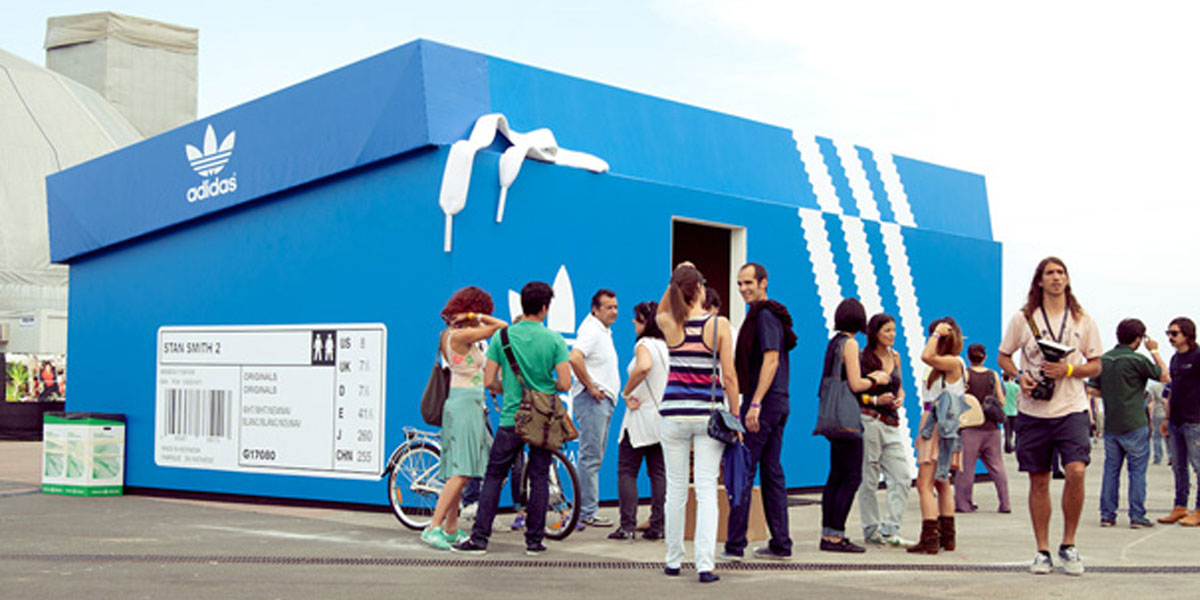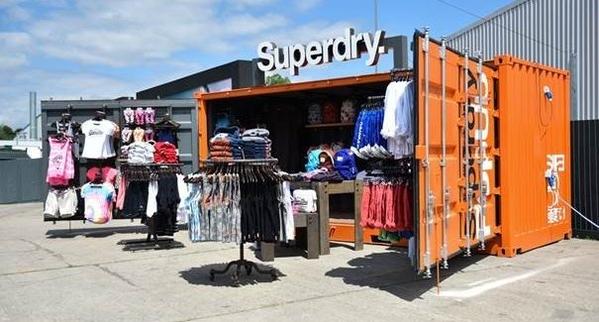Pop-Up Stores: A Simple Guide

In the ever-evolving retail space, the various methods of commerce are constantly competing against the other. Whether it’s in the online world or the brick-and-mortar stables; for a young entrepreneur, it could be troublesome to decide which of the different ways is the perfect one to sell your product.
The pop-up store, otherwise known as flash retailing, is the act of opening a sales space for a limited amount of time. This can mean a couple of days, weeks, or even a few months, before shutting down again. This trend was originally started in 1997 by Patrick Courrielche who created the Ritual Expo in Los Angeles. This type of experience quickly caught the eye of huge corporations like AT&T, Levi, and Motorola who proceeded to work with Courrielche to create niche experiences targeted towards young audiences.
Having a pop-up store is a great way to showcase your small business to a large audience, without having to invest hundreds of thousands of dollars into a permanent location. But receiving a permit for such a space can be difficult, depending on the location. Having an idea of what to expect beforehand is important if you are going to efficiently execute your pop-up.
WHAT YOU’LL NEED TO ACQUIRE
A pop-up blueprint tends to be relatively small in retail and usually ranges from as little as 500 sq ft to 6,000 sq ft.
- Racking Permit – If you’re putting a pop-up shop in and have racking over 5 feet and 9 inches you’re going to be needing a racking permit. This means mounting information, calculations, and a plan check. The process itself should be relatively simple unless the design being built is extremely complicated or the material isn’t pre-approved.
- Building Permit – Since you are most likely going to receive a racking permit, then it is also likely this process will go through the building permit process (although in some jurisdictions this will be bypassed unless you are doing a tenant improvement). If you do, however, make a quick check to see if your valuation and square footage qualifies you for an expedited or over-the-counter review.
- Sign Permit – If you’re changing the signage, even temporarily, you will need to get a sign permit.
- Electrical Permit – Most pop-ups have elaborate lighting and fixtures that make the life of the event, but with that added touch comes a need for an electrical permit. But don’t get too discouraged for just like the racking permit, if it’s minimal and falls within a certain scope there might be an express check available at the counter.

INFORMATION TO RESEARCH
When dealing with individual jurisdictions, it is crucial to always do your due diligence. To avoid unpleasant surprises down the line, or worse, having to start over with a re-submittal.
Before submitting, do your planning to make sure that your proposed concept matches the use of the space. For example, having a pop-up retail store in an office space will require a Change of Use Permit. In some locations, you might be able to get a temporary Change of Use and a Temporary Certificate of Occupancy, but it is best to know this information before moving forward with a venue.
Also, check for open code enforcement violations the same as you would for a traditional space. Being fined if you don’t resolve violations can lead to an immediate maxed-out budget.
Finally, if you are planning on opening a pop-up store in a metro area, then be aware that these cities are sensitive to increased pedestrian traffic, automobile traffic, parking, and hours of operations. Do your research about the city’s protocols and if they require a fee for intensification.
ABOUT PERMIT ADVISORS
Permit Advisors was founded over a decade ago by Roy Hasson and has grown to be one of the leading providers in FULL-SERVICE permit expediting and entitlement services in the United States. We understand that building permits can be one of the most tedious and nerve-wracking parts of any construction project. We are here to take that stress off our client’s hands and to manage every aspect of the process.
From detailed research and due diligence to quality control on all plans and documents to ensure your submittal package is 100% ready for review, we provide the best solutions to any issue that may arise during the plan check process. The relationships that we have developed in thousands of municipalities help us succeed where other firms may experience delays.




